Date: Thursday 10 November 2016
Time: 10am-1pm
Location: Bournemouth University, Talbot Campus, Fern Barrow, Poole, BH12 5BB
The International Centre of Tourism and Hospitality Research will be running an event as part of the ESRC Festival of Social Science. Tourism plays a major part in Bournemouth’s economy, attracting millions of visitors to the seaside town every year. In 2011 alone, the town saw 5.6 million visitors, who spent £460 million between them. BU’s Dr Giampaolo Viglia will be presenting to the audience the innovations that have been introduced to the travel and hospitality industry, via cutting edge social science research.
The workshops aim to provide some evidence on the actual behaviour of operators in the hotel and aviation industry and to ask: How much do they use dynamic pricing strategies? When is the best time to book? How should they react to the seller’s pricing strategies? What are the main drivers behind the price trend structure? What additional profit can the revenue management techniques in the hospitality industry offer? Is delegating the price decision to the consumers in restaurants appropriate?
BU’s Dr Giampaolo Viglia will be joined by Professor Claudio Piga, from Keele University and the staff from HOTS Business game to discuss dynamic pricing, the best time to book and new pricing mechanisms. This will be followed by a tea/coffee break, to recharge your batteries. We will then hear from BU researchers Dr Viachaslau Filimonau, Professor Adele Ladkin, Professor Heather Hartwell and Dr Sean Beer who will discuss innovations in food, technology and menu labeling. The event has been designed to engage professionals and consumers in discussion and to showcase the growing research agenda on the impact of innovation on the travel and hospitality industry.
Innovations are influencing the travel and hospitality industries offering more flexibility on the supply side and driving informed decisions on the consumer side. The rapid growth of online bookings has had a massive impact on the industry. The internet encourages greater price scrutiny since the relevant information is both easier to obtain and transparent, given that any party can compare the prices of several alternatives with very little effort. This is bound to have an impact on how operators set prices since they too can easily obtain this information and rapidly respond accordingly. There will also be an opportunity for debate between professionals and consumers.
The 14th annual Festival of Social Science takes place from 5-12 November 2016 with more than 250 free events nationwide. Run by the Economic and Social Research Council, the Festival provides an opportunity for anyone to meet with some of the country’s leading social scientist and discover, discuss and debate the role that research plays in everyday life. With a whole range of creative and engaging events there’s something for everyone including businesses, charities, schools and government agencies. A full programme is available at www.esrc.ac.uk/festival. You can also join the discussion on Twitter using #esrcfestival.
To find out more about the ESRC Festival of Social Science and all the events taking place please visit www.bournemouth.ac.uk/esrc-fss you can also email Joanna Pawlik or Naomi Kay to find out more.
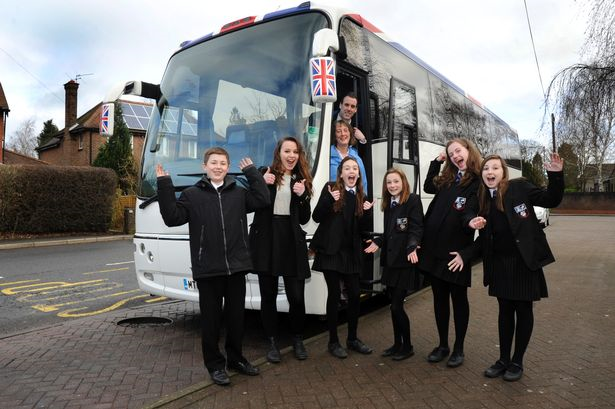
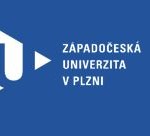

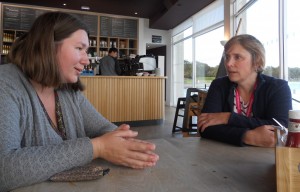
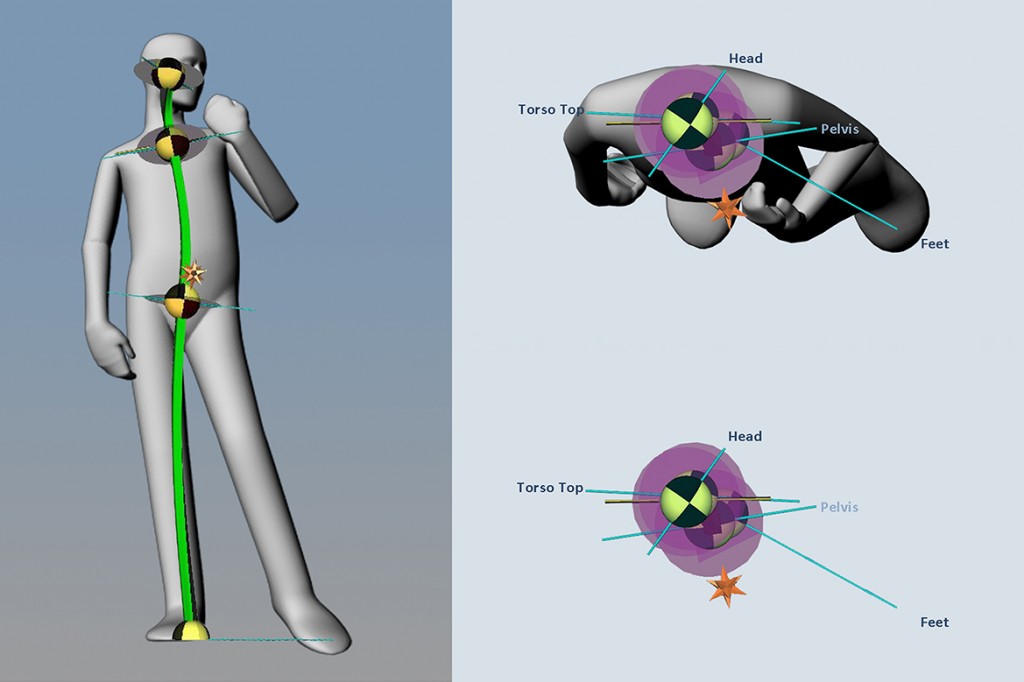

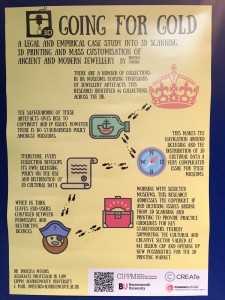
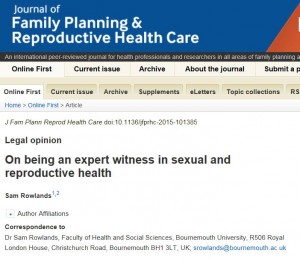


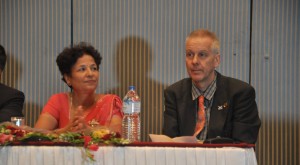
 Congratulations to Dr. Pramod Regmi as the lead author of the paper ‘
Congratulations to Dr. Pramod Regmi as the lead author of the paper ‘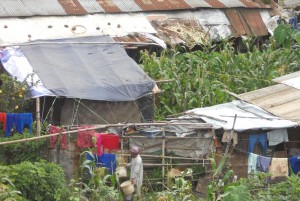
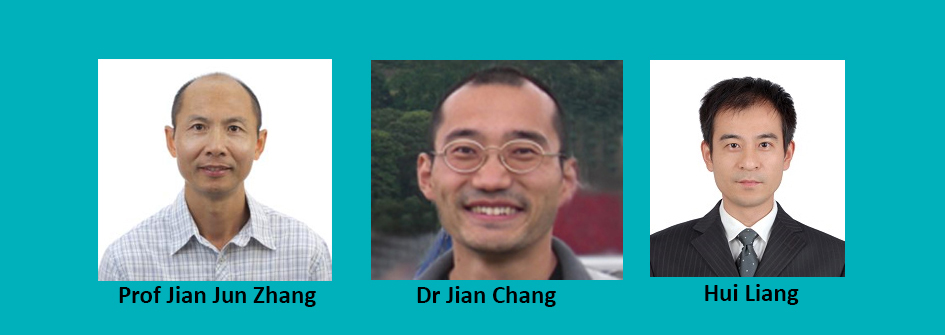

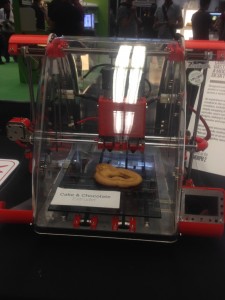
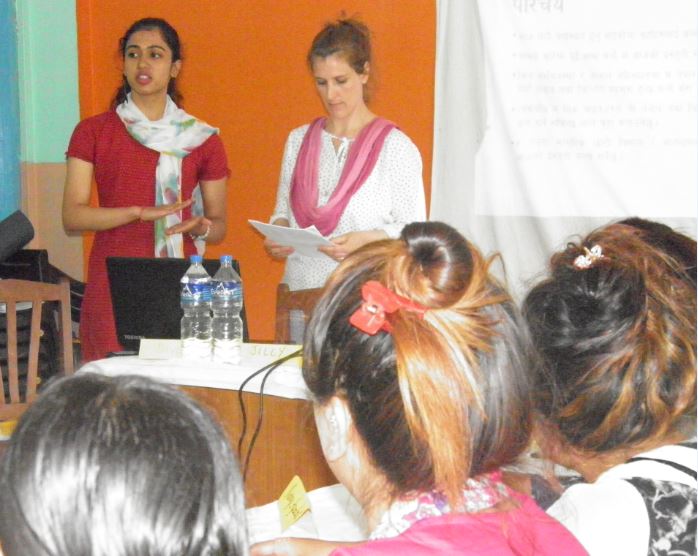

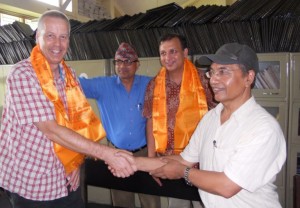
 Dr. Pramod Regmi in FHSS published his latest paper today in the South East Asia Journal of Public Health. The paper ‘Priority public health interventions and research agendas in post-earthquake Nepal’ is co-authored with researchers based in New Zealand, Nepal and the UK [1]. The authors reminds the readers that natural disasters cause huge damage to infrastructure, economies as well as population health. Nepal’s 2015 earthquake has multiple effects on population health and health services delivery. Many public health facilities, mostly health posts or sub-healthposts, were damaged or completely destroyed. Priority health services such as immunisation and antenatal care were also seriously affected.
Dr. Pramod Regmi in FHSS published his latest paper today in the South East Asia Journal of Public Health. The paper ‘Priority public health interventions and research agendas in post-earthquake Nepal’ is co-authored with researchers based in New Zealand, Nepal and the UK [1]. The authors reminds the readers that natural disasters cause huge damage to infrastructure, economies as well as population health. Nepal’s 2015 earthquake has multiple effects on population health and health services delivery. Many public health facilities, mostly health posts or sub-healthposts, were damaged or completely destroyed. Priority health services such as immunisation and antenatal care were also seriously affected.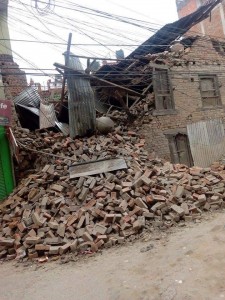
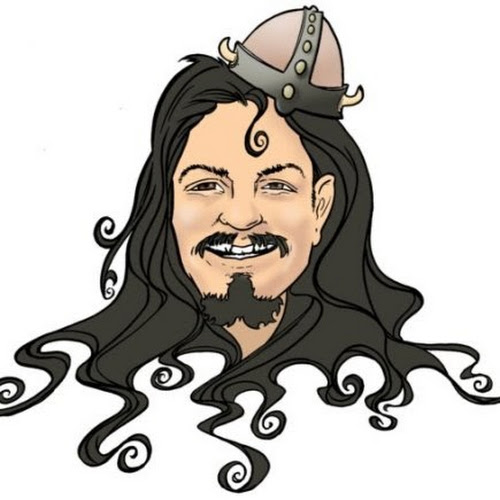
 In the last few months,
In the last few months, 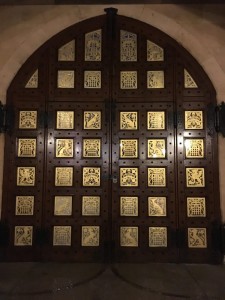
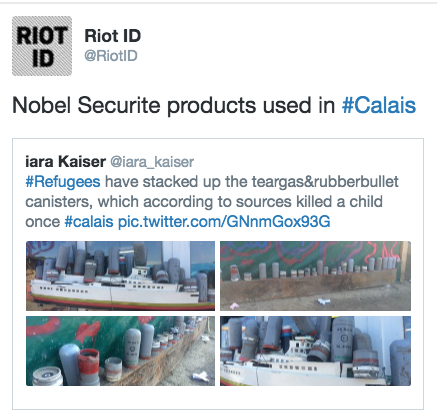 Our French samples of CS gas would leave our audience feeling sick, so for now we stick to power points when our tear gas research hits the road. Since the new year, members of Bournemouth University’s
Our French samples of CS gas would leave our audience feeling sick, so for now we stick to power points when our tear gas research hits the road. Since the new year, members of Bournemouth University’s 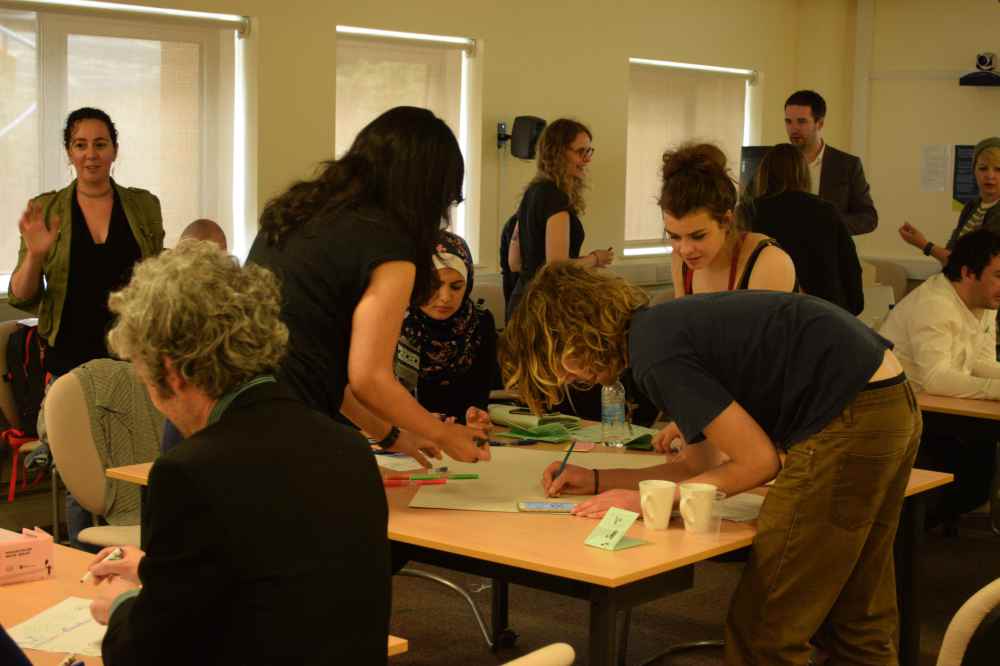
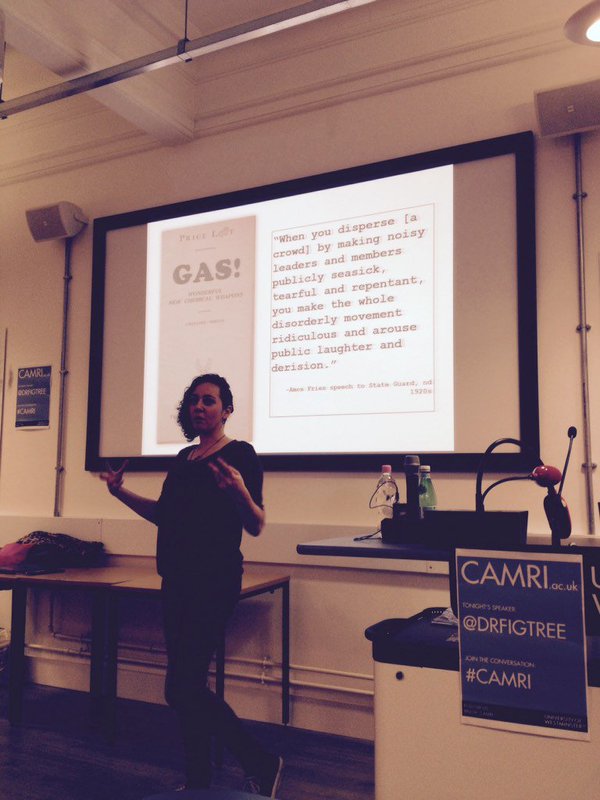 g at the Communication of Medical Knowledge in Tear Gas History. This two day interdisciplinary and international event was hosted aat
g at the Communication of Medical Knowledge in Tear Gas History. This two day interdisciplinary and international event was hosted aat 











 FHSS academics teaching in Nepal
FHSS academics teaching in Nepal New weight change BU paper
New weight change BU paper One week to go! | The 16th Annual Postgraduate Research Conference
One week to go! | The 16th Annual Postgraduate Research Conference Geography and Environmental Studies academics – would you like to get more involved in preparing our next REF submission?
Geography and Environmental Studies academics – would you like to get more involved in preparing our next REF submission? Congratulations to three former BU staff
Congratulations to three former BU staff MSCA Staff Exchanges 2024 Call – internal deadline
MSCA Staff Exchanges 2024 Call – internal deadline Applications are now open for 2025 ESRC Postdoctoral Fellowships!
Applications are now open for 2025 ESRC Postdoctoral Fellowships! Horizon Europe – ERC CoG and MSCA SE webinars
Horizon Europe – ERC CoG and MSCA SE webinars MaGMap: Mass Grave Mapping
MaGMap: Mass Grave Mapping ERC grants – series of webinars
ERC grants – series of webinars